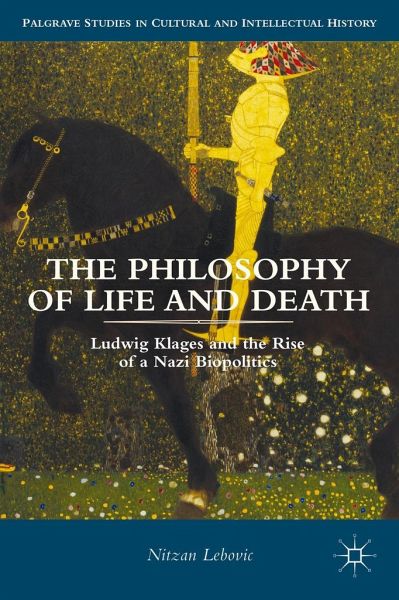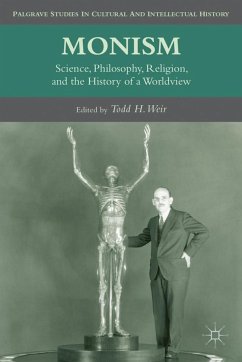"It does so through an inquiry into the life and work of Ludwig Klages (1872-1956), the most influential and famous twentieth-century figure of Lebensphilosophie (Philosophy of Life). Lebovic's book displays a mastery of sources, both published and unpublished, and I am confident it will serve as a resource for decades to come. Indeed, this book is the most synoptic and elaborate study of Klages presently available." (Martin Shuster, German Studies Review, Vol. 39 (2), 2016)
"It should be seen as one of the strengths of Lebovic's book that, despite its openly polemical approach to Klages, it also provides material for his defense. More importantly, Lebovic shows how much of our contemporary thinking takes place within a conceptual framework informed by 1920s Germany, even making a case for the view that Lebensphilosophie still retains a 'revolutionary potential.'" - TLS
"This is an important work that follows, for the first time, the reception of Ludwig Klages's thought. Lebovic is a true political thinker, who uses the whole array of analytical possibilities, in order to expose the violent potential of his 'hero.' Equally important, Lebovic explores the [history] of the term biopolitics. Lebovic's work, whose importance for the English readership cannot be overestimated, - for there is no comparable work in this field - clarifies the destructive impact of this thinking, but beyond it, its appeal to a wide variety of audiences." - Literaturkritik
















